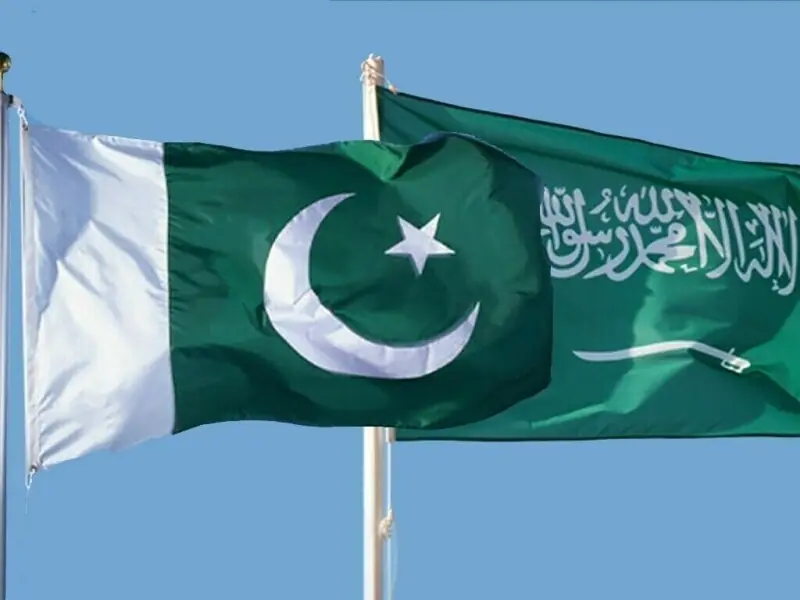
EDITORIAL: The new defence pact between Pakistan and Saudi Arabia comes not just as a bilateral milestone but as a marker of how regional security is being redefined. The timing, so soon after Israel’s attack on Doha, underscores the urgency with which Muslim states now see the need for collective guarantees.
Yet the roots of this relationship run deep, anchored in decades of cooperation that has seen Pakistani troops stationed on Saudi soil, and Riyadh providing Pakistan with economic lifelines in difficult times.
What the Strategic Mutual Defence Agreement does is formalise that history and project it into a changing world order.
The essence of the pact is simple but profound. Any aggression against one state will be considered an attack on both. That commitment, written into a joint declaration at the highest level, creates a deterrent far stronger than loose assurances of friendship. It binds Pakistan’s battle-tested military with the economic heft and political weight of Saudi Arabia, a combination that signals to adversaries that neither country stands alone. This is not merely a document of intent; it is a security umbrella with immediate implications for stability in the Gulf and South Asia alike.
There is also an undeniable optic to the moment. The strike on Qatari territory was a wake-up call, exposing how even close partners of Washington cannot always rely on the United States when sovereignty is trampled.
For Riyadh, the accord with Islamabad offers a reassurance rooted in mutual interest rather than conditional guarantees. For Pakistan, it elevates its role as a pan-Islamic security partner and cements a position in the evolving architecture of Gulf defence.
Both sides recognise that the world is shifting, with multipolar alignments increasingly filling the spaces left by an overstretched America.
The economic dimension cannot be separated from the strategic. Saudi Arabia is already one of Pakistan’s largest investors and donors, but a defence pact of this magnitude creates the political trust necessary for long-term commitments.
Meaningful Saudi investment in energy, infrastructure and industry should now be expected, and indeed it is precisely such capital flows that Islamabad needs to stabilise its finances and spur growth.
Defence cooperation has always gone hand in hand with economic partnership, and this deal should be seen as a catalyst for both.
The domestic implications are significant as well. For Pakistan, the pact provides political capital at home, showing that it is not isolated but central to the security calculus of the Muslim world.
For Saudi Arabia, it signals to its people and to the region that the kingdom is willing to diversify its alliances and take proactive steps for its security rather than relying solely on distant powers. This is especially pertinent at a time when Israel’s actions have destabilised much of the neighbourhood and when Iran’s role remains an ever-present factor in Gulf affairs.
India cannot be left unmentioned, though it should not be overplayed. New Delhi will be studying the accord carefully, weighing whether Riyadh would stand with Pakistan in the event of renewed hostility on its eastern front.
But that is not the primary message of this agreement. Its real significance lies in fortifying Gulf security and establishing Pakistan and Saudi Arabia as co-anchors of a broader regional defence architecture. Other states, particularly within the Gulf Cooperation Council, may well see this as a model to emulate, deepening the fabric of collective deterrence.
Ultimately, this pact is about more than military guarantees. It is about confidence, stability, and the recognition that in a volatile region, standing together is stronger than standing alone.
The Saudi-Pakistan accord represents the most serious step in decades towards formalising a regional security framework. At a time when the old guardians of order appear unwilling or unable to deliver, two longstanding allies have chosen to take responsibility for their own defence. The implications, both strategic and economic, will be deep and enduring.
Copyright Business Recorder, 2025



